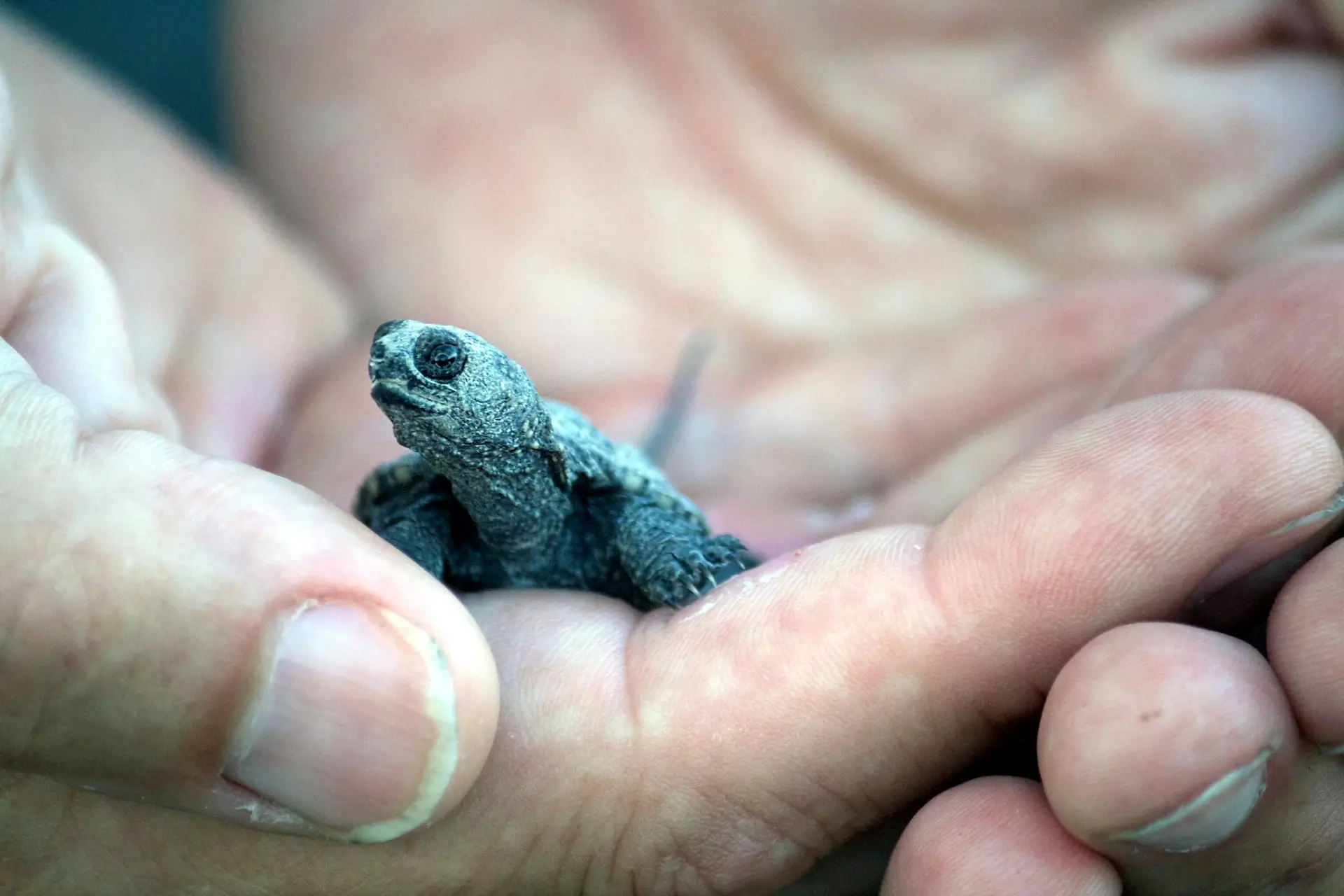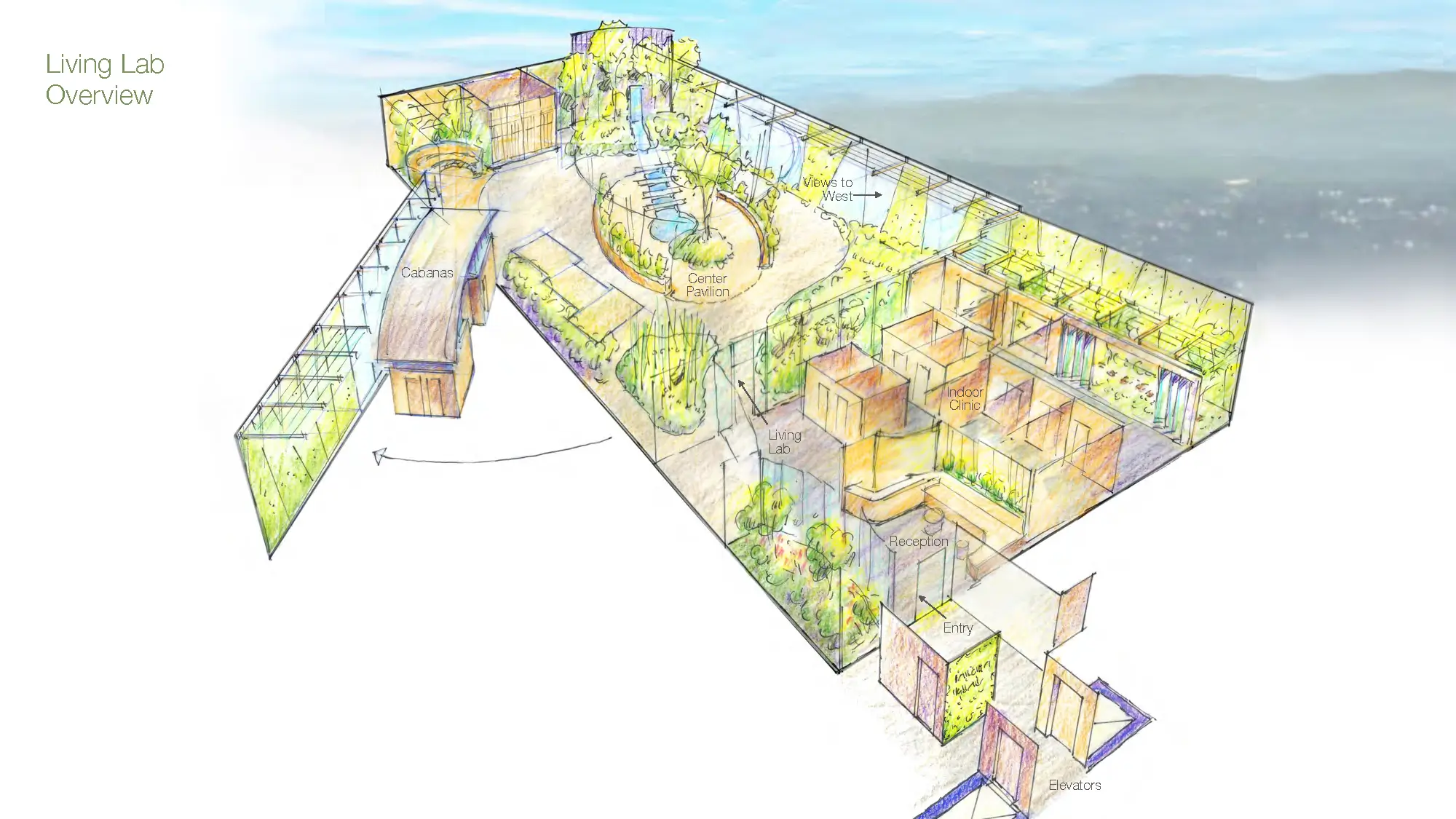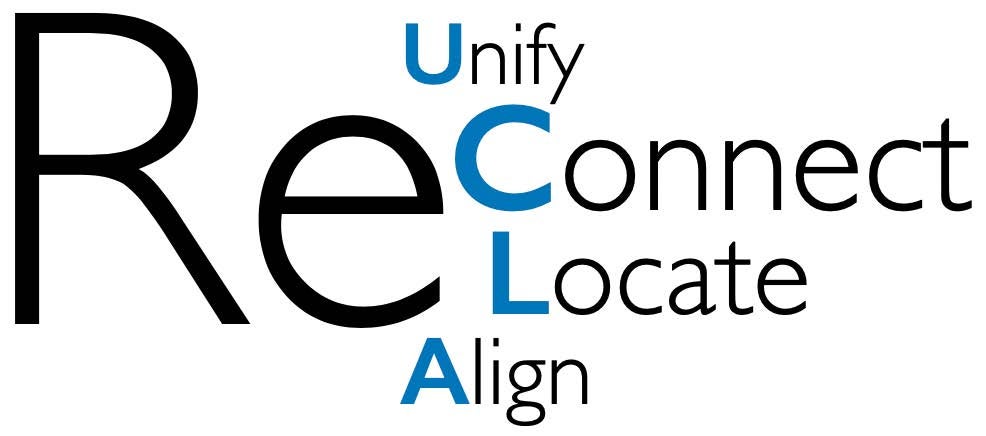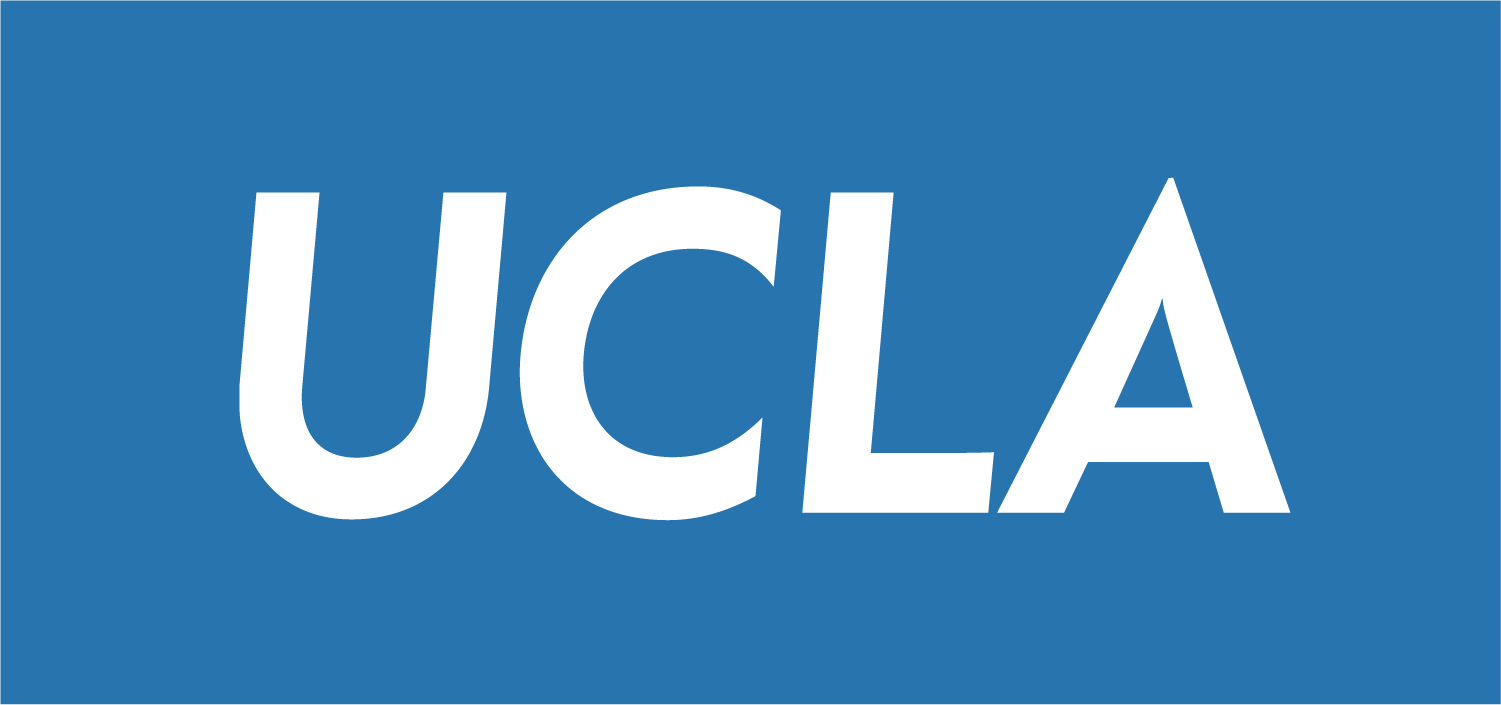Our world class experts believe we must...

ReUnify
Return to being one with our world.
ReConnect
Rebuild connections to the natural world, to other living beings and to ourselves.
ReLocate
Rethink where medicine is practiced, not just how.
ReAlign
Revise our approach to research and fund raising.
Ecological Medicine and psychedelic therapy can reduce the suffering caused by our increasing disconnection from the natural world, from other people, and from ourselves.
At UCLA, we intend to be leaders in the effort to bring about the great reconnection.
Project ReConnect will bring together two areas of renewed interest that are naturally connected. First, Ecological Medicine, which links the care and health of the natural world to the improved wellbeing of human communities – a way to refresh a relationship that was once the norm. And second, psychedelic therapy for mental health promotion. Solutions denied to so many people until the recent rethink regarding their availability.


The need for change is clear.
There is growing agreement that we must reconnect with nature, and with each other, for the sake of our bodies and minds, for our society and our planet. We must reunify aspects of life that were once naturally connected but which have become dangerously compartmentalized. A better future for humankind demands this realignment.
The increasing problems are in plain view. In the United States alone, rates of depression and suicide are at an all-time high. In May 2023, The US Surgeon General declared a national mental health crisis and identified social isolation as a key factor.
Children generally spend less than half the time outside than is recommended for those incarcerated. By restoring the importance of nature in all our lives we may be able to restore the expectation of each generation living longer than the one before.
Restored empathy.
Ecological Medicine promotes mental and physical recovery by building relationships, through ritual, social support, plant medicines, and structured practices to connect people with nature.
The integration of psychedelics with Ecological Medicine may strengthen their combined ability to restore our connections to nature and to ourselves, improving our empathy with other people and other living things.

Can an environment in which healing is supposed to occur be an active contributor to that healing?
We think it can.
Promising clinical trials of psychedelics such as psilocybin, ayahuasca, and others, for depression, substance use disorder and end of life anxiety have led to a surge of interest in, and research support for, their clinical use. We are committed to equitable dissemination, bringing these therapies to those who are most in need. To do this, we need to rethink the way medicine is practiced, and to relocate where it is practiced.

We plan to redesign both the how and where of Ecological Medicine.
UCLA will build a model for a different type of biomedicine and research, engaging the support of multidisciplinary scientists, scholars, practitioners, and traditional healers. In this model, therapies will not be confined to four-walled, sterile, medicalized spaces. Instead, natural green-space environments will be created either inside or near medical centers.
We believe that this approach will ultimately lead the medical field to routinely incorporate natural settings as clinical healing spaces, expanding its reach beyond traditional clinics.
We will demonstrate our belief in relocation.
This vision of the future begins with the construction of a Living Ecological Medicine Laboratory on the rooftop deck of the Semel Institute for Neuroscience and Human Behavior, across the street from the world-renowned UCLA hospital.
This is an opportunity to create a truly transformative space and experience for participants. It will be an urban ecological lab in the middle of Los Angeles – a green space of native plants, and a safe space for pollinators such as birds and butterflies. And, given the presence of neuroimaging and neuroscience research in the same building with clinical and social science researchers, this is a unique opportunity to conduct innovative research.

Once the Living Ecological Medicine Laboratory (LEMeL @ Semel) is a reality…

We will uncover the neurobiology of ecological and psychedelic medicines that influence connectedness, empathy, nature-relatedness, and mental health.
We will test the efficacy and safety of psychedelics-assisted therapy combined with ecological green space exposure during the preparation, journey, and integration phases of care.
We will investigate and add to the increasing understanding of the importance of set and setting when employing psychedelics.
We will explore the use of post-psychedelics neuroplasticity to enhance all forms of reconnection.
We will partner with communities to make Ecological Medicine and psychedelics practical solutions in multiple therapeutic contexts.
We will seek funding because psychedelics can do more than alter perception, they also can change the structures of neurons themselves, according to the latest studies from University of California researchers. These findings hold important implications for treating a variety of diseases. Expanding the horizon for what is possible, UCLA is poised to pursue investigations into the emerging field of psychedelic science to the benefit of people suffering from myriad mood, brain, and pain disorders. UCLA will seek philanthropic support to establish this major initiative and provide an initial five years of operating and foundational seed grant expenses.
It is expected that this start-up period will facilitate the ability of participating UCLA investigators to achieve significant success that will attract talented new researchers. This also will enable the team to leverage the funding to obtain National Institutes of Health grants and additional private philanthropic gifts.
While the United States Drug Enforcement Administration (DEA) classifies psychedelic compounds as Schedule 1 drugs, these regulatory hurdles can be addressed by scientific discovery. To conduct research with these drugs, scientists need many layers of regulatory approvals that may also require upgrades to security protocols in labs, all of which can be expensive. Such obstacles make private philanthropy essential to advancing comprehensive investigations into the potential therapeutic properties of these compounds, and to ensuring sustainable resources for scientific studies and programs dedicated to reframing conversations around psychedelic science.
Nothing like Project ReConnect at UCLA currently exists elsewhere.


